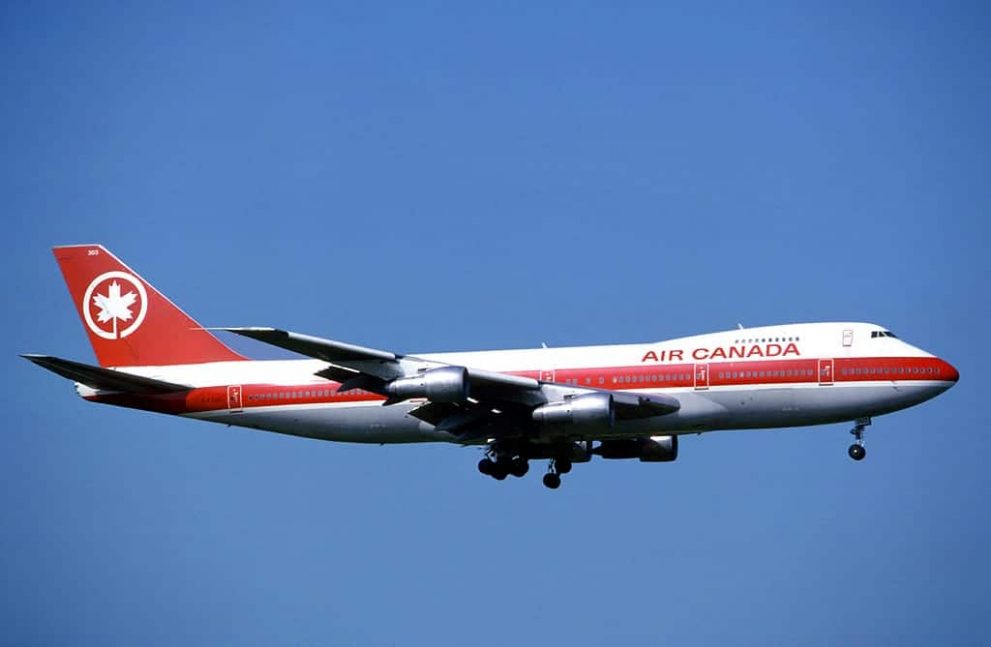
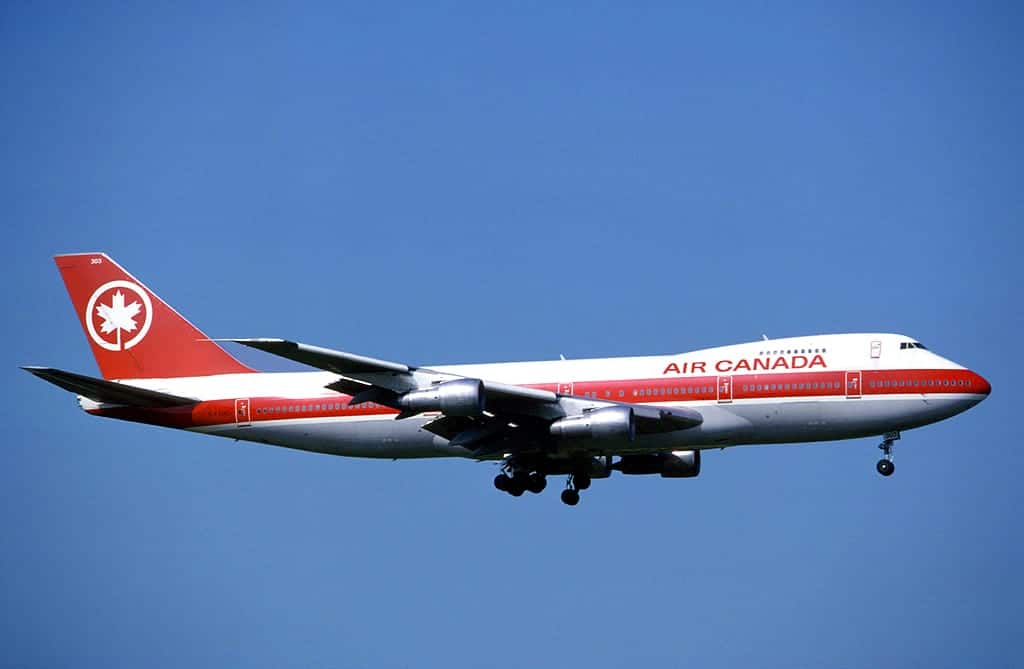 It’s nice to give a hometown name a boost but rooting for Air Canada (Air Canada Stock Quote, Chart, News TSX:AC) to get back on its feet is one thing, while buying the stock is another. And for most investors, the risk-reward profile for any of the airlines is not looking good, says Greg Newman of Scotia Wealth Management.
It’s nice to give a hometown name a boost but rooting for Air Canada (Air Canada Stock Quote, Chart, News TSX:AC) to get back on its feet is one thing, while buying the stock is another. And for most investors, the risk-reward profile for any of the airlines is not looking good, says Greg Newman of Scotia Wealth Management.
Air Canada’s share price hasn’t move much in the months since COVID-19 landed earlier this year and essentially put the entire airline industry on life support. After coming into 2020 on a high, AC went from $50 per share to below $15 in rapid fashion, and where other stocks have recovered —notably in the tech sector, which has seen massive gains by some stocks— Air Canada has remained flat, cruising along between $15 and $20 per share since late March.
It’s no wonder. The world is in wait-and-see mode as to when people will start flying again, with a vaccine still months if not years away and cross-border travelling be it for business or pleasure still subject to government-imposed restrictions and regulations. The unknowns make buying Air Canada now, even at reduced rates, a risky move, said Newman.
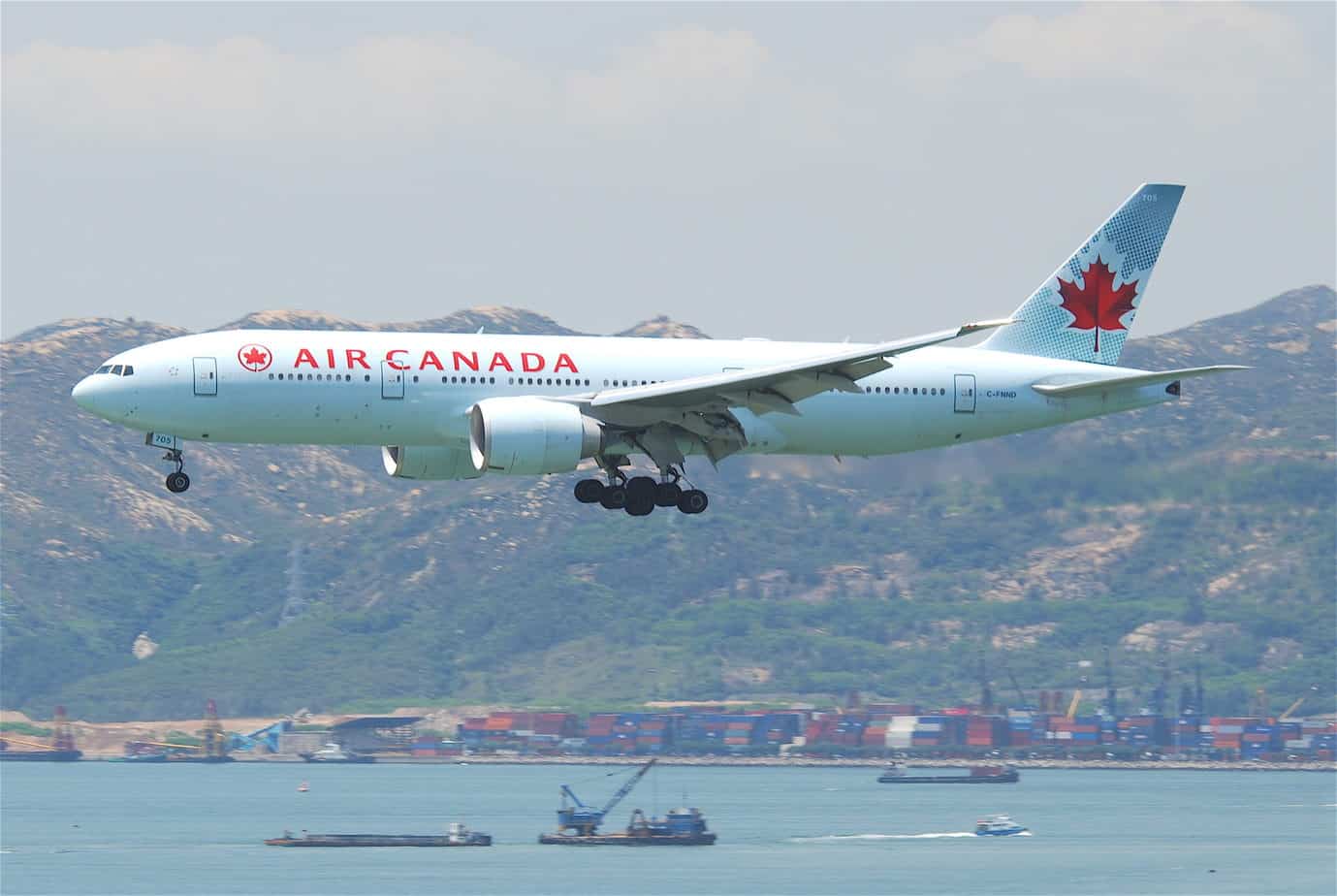
“Owning Air Canada and speculating, or buying an airline in general … for the risk-reward, I would not be buying airlines here,” said Newman, senior wealth advisor at Scotia Wealth, who spoke on BNN Bloomberg last Thursday.
Air Canada made news on the weekend by saying it has negotiated new terms with Transat AT for the sale of its vacation airline Air Transat. First broached last year, the takeover deal was originally pegged at $720 million but has been reduced to $190 million, a huge revision in the face of the current plight of airlines worldwide.
Approved by both parties, the merger will still have to get consent from Canadian and European regulators, but if it passes muster, Air Canada will gain significant market share in an industry already short on players on the domestic front.
“The pandemic has devastated the global airline and broader travel industry, but should the deal close, we see the potential for revenue and cost synergies over time,” said National Bank analyst Cameron Doerksen in a research note to clients .
On the COVID-19 front, Air Canada appears to be pinning its hopes of rapid testing as a way to encourage more folks to get on board. The company announced earlier in October that it would be ordering 25,000 rapid test kits from Abbott Laboratories, with the first of them to be used with employee volunteers. The tests reportedly allow for negative results in about 13 minutes.
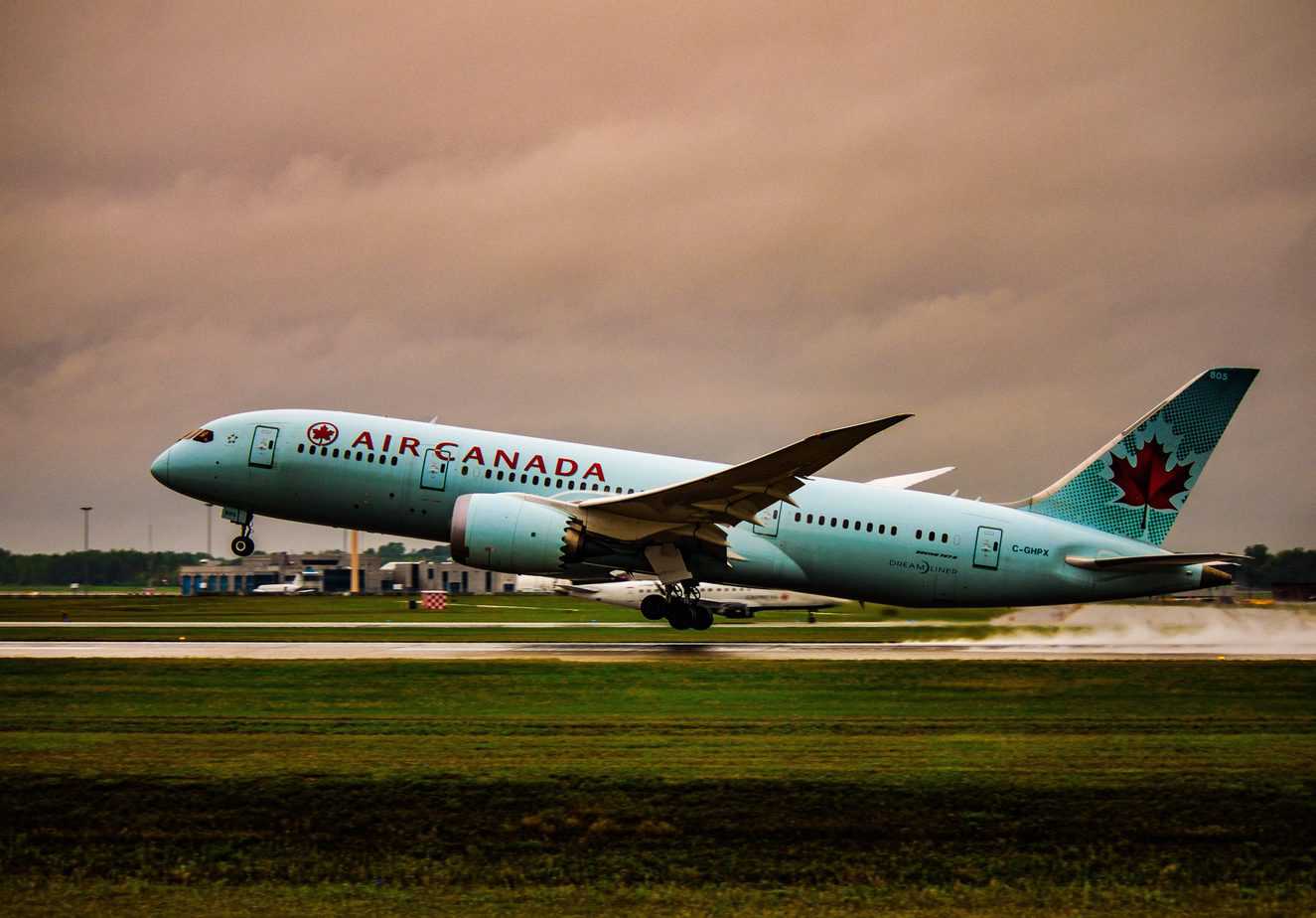
“Understanding that we will need to live alongside this virus for the short to medium-term, we have been pursuing relationships and a layered approach as a way to keep our employees and our customers safe,” said Dr. Jim Chung, Air Canada's Chief Medical Officer in a press release.
“We believe testing will be key to protecting employees and customers until such time as a COVID-19 vaccine is available. Rapid testing is also a means to enable governments to relax current blanket travel restrictions and quarantines in a measured way while still safeguarding the health and safety of the public,” Dr. Chung said.
Despite the doom and gloom in the air around the sector, there are some who are starting to bargain hunt.
“While the rising industry tide will lift all boats, we recognize that we are not out of the woods yet and that there is likely to be significant volatility in the next six months as the recovery takes shape,” Morgan Stanley’s Ravi Shanker said recently.
Shanker said one airline in particular is appealing to him: Southwest.
“Southwest is well-positioned to take off as restrictions ease heading into next year,” he wrote last month. “LUV is arguably the highest quality airline in the US… As a largely US domestic medium haul airline, we believe its network is in a sweet spot for a COVID rebound and it has… a loyal customer base.” The analyst said LUV has been “able to capitalize on share gain or M&A opportunities as other airlines falter/lag.”
Here in Canada, Paradigm Capital analyst Corey Hammill sees some upside for Canada’s largest airline. In an August note to clients he kept his “Buy” rating and $30.00 target, saying the airline is transforming into a long-term sustainably profitable business. He said this is a more resilient business that many are giving it credit for.
““The business has been rebuilt to withstand shocks, which is being tested today. Shares have reflected past record performance, ranking among the top TSX performers over the past decade and one of the top airline stocks in 2019, up +80 per cent,” Hammill wrote.
But the analyst cautioned that it would be a bumpy road ahead, especially in the near term.
“Given the severe impact that COVID-19 is having on the airline sector, we have reduced our estimates based on Air Canada’s latest statements. We are pushing our valuation out additional year, to 2023. This target serves as longer-term beacon. In the very near term, given the increasing levels of debt and uncertain revenue environment, setting a short-term target price is difficult. We stress that revenue and earnings projections in the short term are more art than science. We expect over the next 12–24 months business will likely begin to normalize. Maintaining a 4.5x target EV/EBITDA multiple, applied to 2023e EBITDA, results in our $30.00 target price. We expect shares to remain volatile over the next few quarters,” Hammill said.
Leave a Reply
You must be logged in to post a comment.



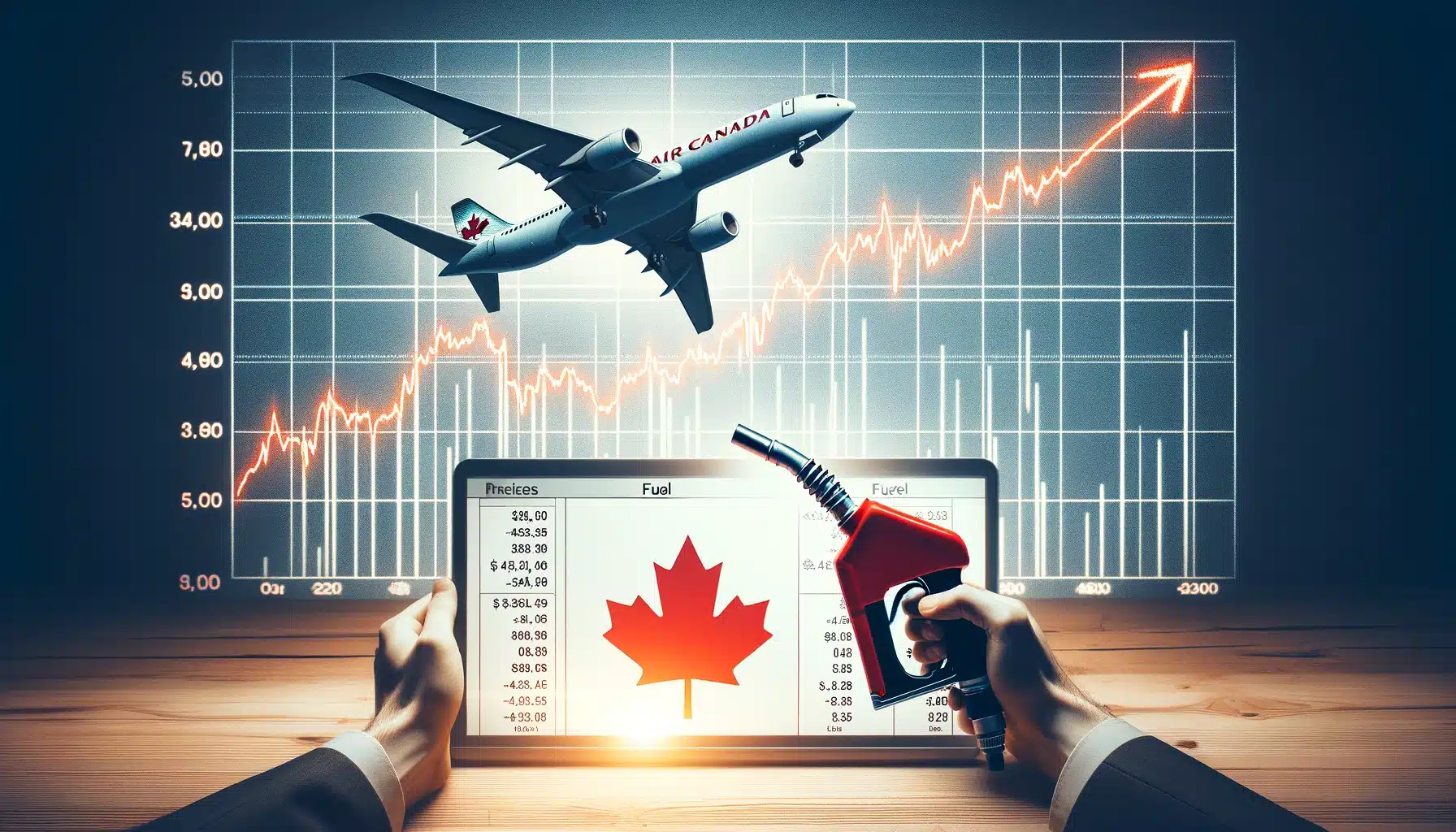

 Share
Share Tweet
Tweet Share
Share




Comment